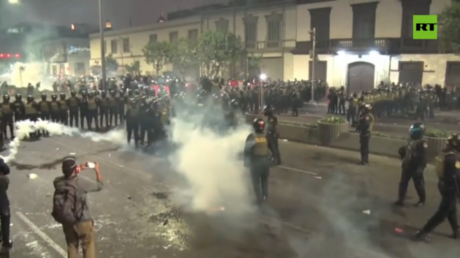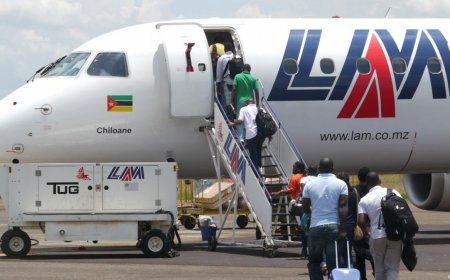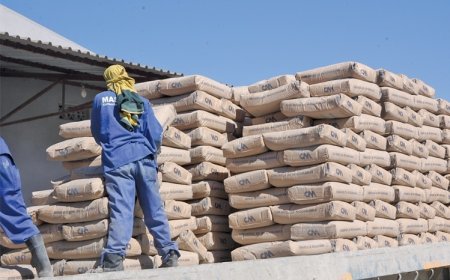Temane Power Plant Suspended: Mozambique Postpones Ambitious 600 MW Energy Target
Mozambique’s energy ambitions have suffered a major setback with the suspension of construction at the Temane Thermal Power Plant (CTT), a flagship project expected to add 450 megawatts (MW) to the national grid. Spanish engineering firm TSK, selected to lead the project, announced its withdrawal from the site this week, citing unresolved contractual issues. The move delays a national goal of expanding electricity generation by 600 MW — a target set during the administration of former President Filipe Nyusi.

TSK, renowned for its partnerships with Siemens in power infrastructure projects, had been awarded the contract in 2020 to develop the Temane gas-fired power plant, located in Inhassoro, in the southern province of Inhambane. In an official statement, the company confirmed the indefinite suspension of operations and the withdrawal of personnel and equipment until contractual clarity is reached with project stakeholders.
Valued at USD 650 million, the Temane project is Mozambique’s largest investment in natural gas-based energy infrastructure to date. It was designed to anchor a broader national plan to increase generation capacity by 600 MW, with 450 MW coming from the gas-powered Temane plant and the remaining 150 MW from renewable sources, including solar and hydroelectric.
The disruption now places the entire target in jeopardy. Beyond the power plant itself, the project includes the construction of a 520-kilometre high-voltage transmission line linking Vilankulo to the capital, Maputo — a critical component for integrating Temane’s output into the national grid. This transmission line is now equally at risk.
The Temane plant is part of a public-private partnership led by British-based Globeleq, which operates energy assets across Africa, including in Tanzania, South Africa, Côte d’Ivoire, Cameroon and Kenya. Mozambique’s state utility Electricidade de Moçambique (EDM) and South African energy company Sasol are also shareholders. The project had secured financing from the World Bank, the African Development Bank and the Islamic Development Bank.
TSK’s exit comes at a time when Mozambique is positioning itself as a regional energy hub, leveraging vast natural gas reserves and significant hydroelectric potential. In parallel with Temane, the government has revived plans for the Mphanda Nkuwa hydropower project on the Zambezi River, which promises a capacity of 1,500 MW but still faces financial and logistical hurdles.
The suspension of the Temane project is more than just a technical delay — it is a stark reminder of the contractual fragilities, governance gaps and coordination challenges that continue to plague large-scale infrastructure initiatives in the country. Without urgent and effective solutions, Mozambique’s vision of energy self-sufficiency and regional export leadership risks remaining a distant and deferred ambition.




















